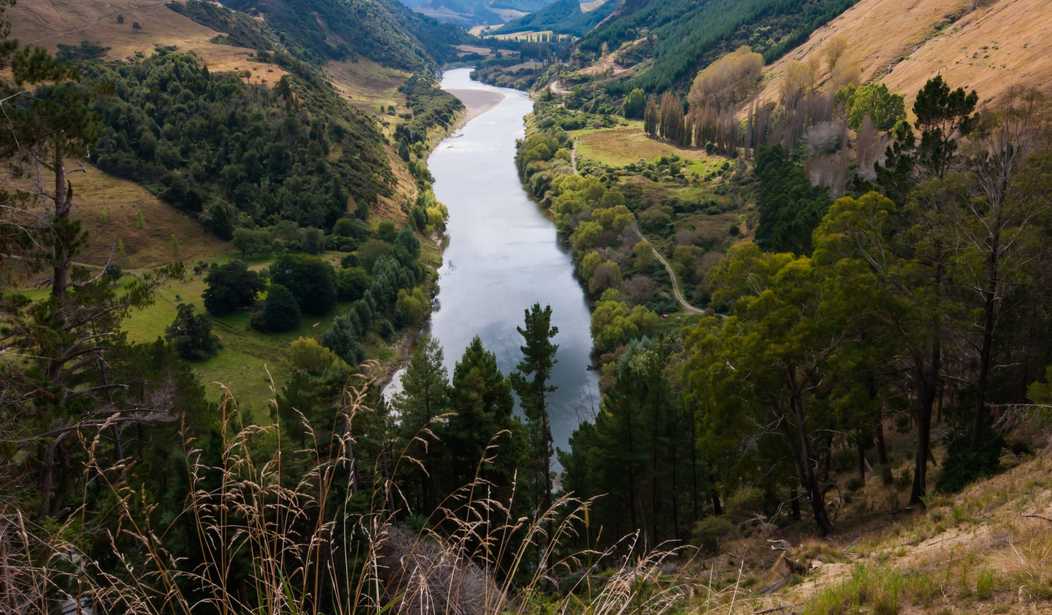The third largest river in New Zealand has officially been given the same legal rights as a person, and the government is shelling out $110 million ($78.22 million USD) to pay for it. Last week, the country’s parliament accepted a treaty settlement bill which ends the longest-running litigation in New Zealand history by granting the request of a native Māori tribe.
“We consider the river an ancestor and always have,” Gerrard Albert, the lead negotiator for the Whanganui iwi tribe, told Britain’s The Guardian. “We have fought to find an approximation in law so that all others can understand that from our perspective treating the river as a living entity is the correct way to approach it, as in indivisible whole, instead of the traditional model for the last 100 years of treating it from a perspective of ownership and management.”
“Te Awa Tupua will have its own legal identity with all the corresponding rights, duties and liabilities of a legal person,” Chris Finlayson, minister of the treaty of Waitangi negotiations, said in a statement to the New Zealand outlet NewsHub. “The approach to granting legal personality to a river is unique.”
“I know some people will say it’s pretty strange to give a natural resource a legal personality, but it’s no stranger than family trusts, or companies, or incorporated societies,” Finlayson argued. “For Whanganui Iwi it means they have a representative speaking for the river, the Crown has a representative speaking for the river, and they are focused on addressing many of the problems the river has had over the last 140 years.”
The bill also includes $80 million ($56.38 million USD) in funding for financial redress, to fix the damage allegedly done to the river in the last 140 years. A full $1 million ($700,000 USD) is also set aside for the legal framework for the river. The British Crown will also contribute $30 million ($21.14 million USD) to a contestable fund for looking after the river’s health in the future.
In all, the legislation includes $110 million ($78.22 million USD) for Te Awa Tupua.
The Māori tribe recognizes Te Awa Tupua as part of the living mountains and the sea. The river gains the right of legal representation through human representatives, one appointed by the iwi and one by the Crown.
Albert, the iwi spokesman, told The Guardian that Māori tribes regard themselves as part of the universe, at one with and equal to the mountains, the rivers, and the seas. The new law honors and reflects their worldview, he said.
“We can trace our genealogy to the origins of the universe,” Albert added. “And therefore rather than us being masters of the natural world, we are part of it. We want to live like that as our starting point. And that is not an anti-development, or anti-economic use of the river but to begin with the view that it is a living being, and then consider its future from that central belief.”
Now, this approach will become part of New Zealand law.









Join the conversation as a VIP Member